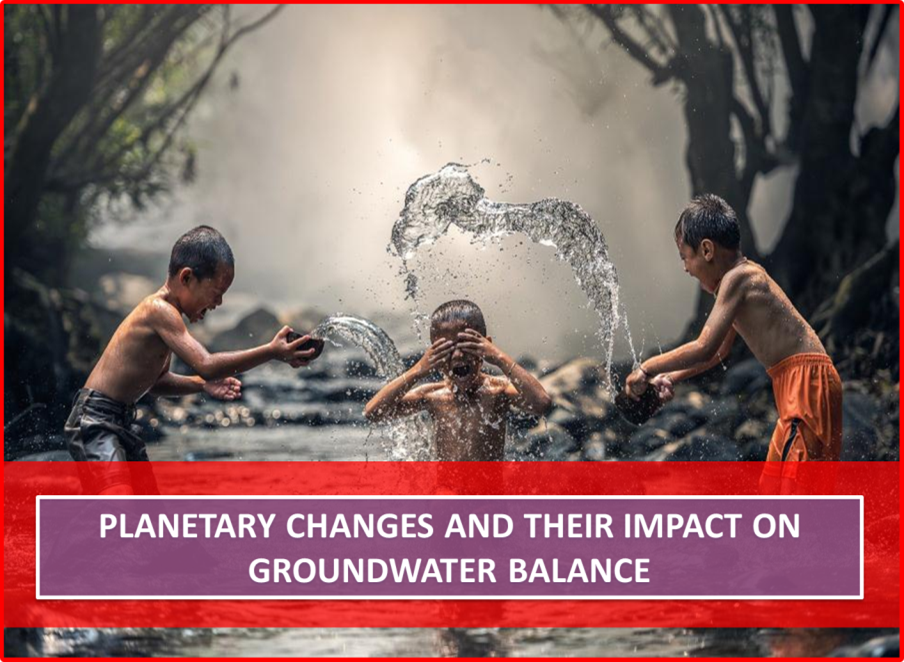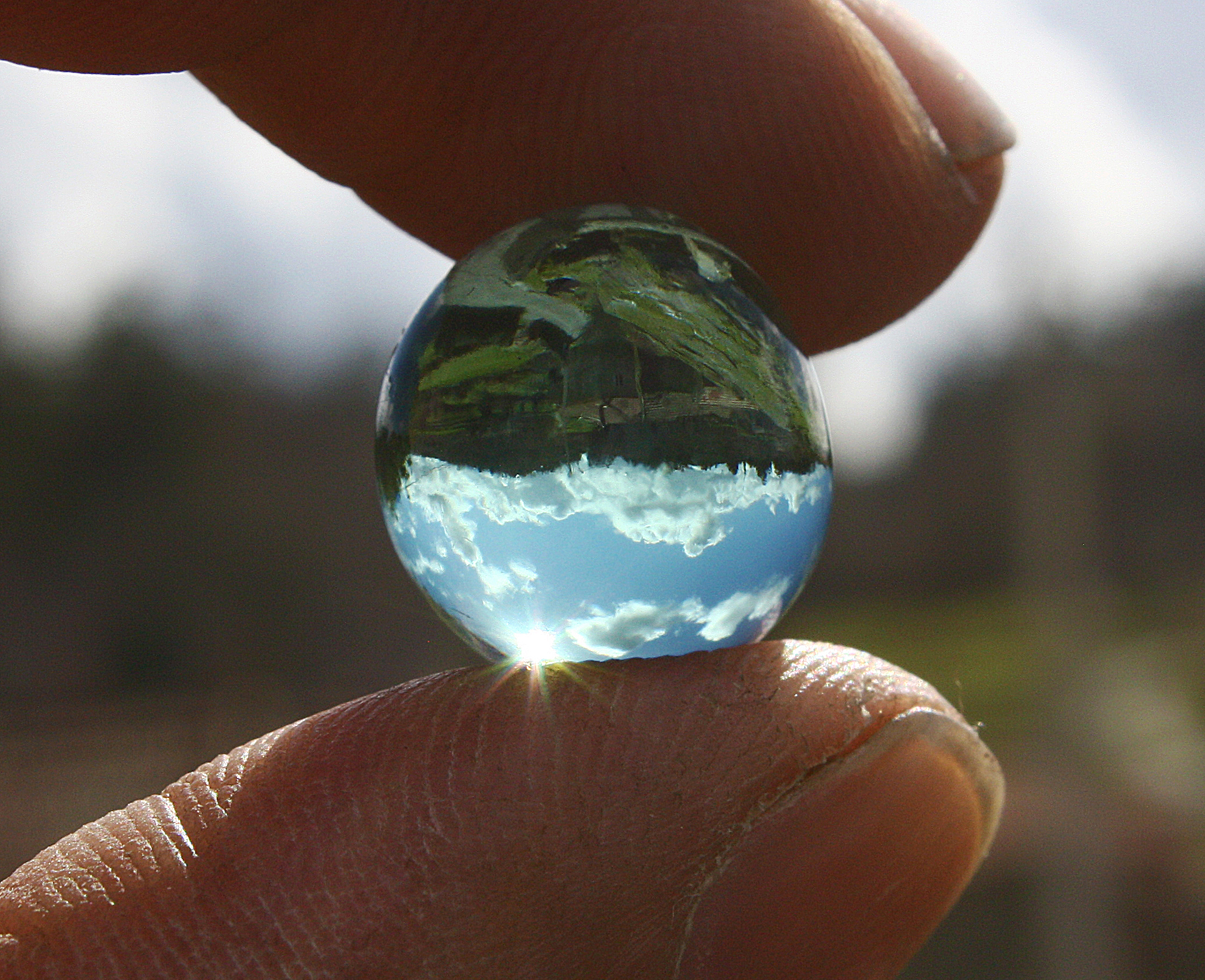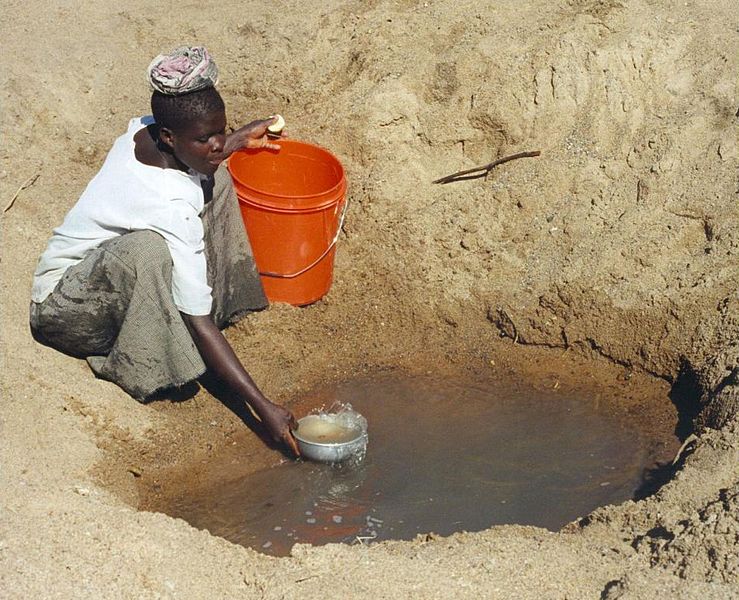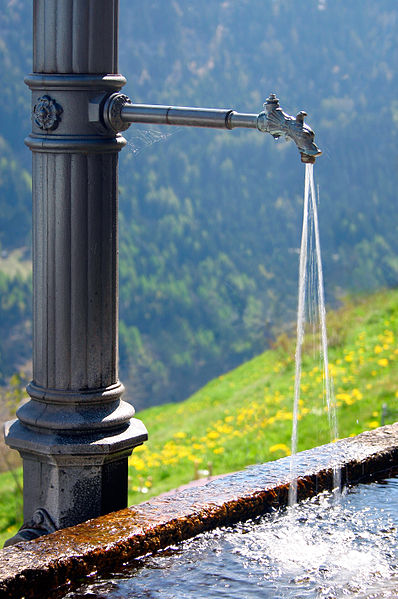
Author: @madridbg, through Power Point 2010, using public domain images.
Welcome dear readers of this wonderful platform. And especially those who make life within @project.hope. This publication seeks to raise awareness of one of the most alarming problems behind climate change and global warming.
The same is associated with the distribution of fresh water on the planet where the distribution of the vital liquid as is well known is not at all equitable among individuals who make life on planet earth.
Throughout our education we have heard that the planet earth consists mostly of water, which is equivalent to 70% of this, of which only 3% of the above percentage is equivalent to fresh water, of which 90% of this is found in groundwater and where on average a little more than 1% is suitable for human consumption.

Fig. 2. Water represents the balance of the different systems of our planet. Author: PxHere
Hence the need to achieve an ideal distribution of this substance, which is of utmost importance in the development of life. If we analyze the context, we realize that the African continent is one of the places that suffers the most because of the lack of access to water.

Fig. 3. Holes to extract water, without the necessary potability conditions. Author: Bob Metcalf
The figures provided by the United Nations World Water Development Report show that an average individual has access to 7453 cubic meters of water per year, however, the inhabitants of North Africa only have access to 736 cubic meters per year, which shows an alarming situation that threatens the balance and social welfare of the human species.
Undoubtedly, it is a serious problem that according to the variants caused by global warming, it is expected to intensify as the days go by since it is estimated that 20% of groundwater will dry up if the temperature of the planet continues to rise.
A recent study published in the journal Science shows critical and alarming vulnerabilities in groundwater levels suggesting a potential threat to groundwater levels and therefore to drinking water, as well as to the irrigation of thousands of hectares of agricultural crops currently being developed.
Fact that is attributed to the growing demand for water wells, which seek to extract the vital liquid from deep underground, in addition to the little governance in terms of natural resource management and the affections generated by the environmental problems that we all know.
Undoubtedly, it is difficult to give specific figures on the amount of groundwater that we still have, but it is necessary to take measures to preserve the vital liquid, since according to the study conducted by Debra Perrone and Scott Jasechko, the construction of almost 39 million groundwater wells has been recorded in 40 countries, only taking into account the main cities of these countries.

Fig. 4. Groundwater as access to drinking water. Author: Juhanson
Access to water is a priority for people, but at the same time we must be aware and avoid wasting it. So if you found this information useful, I invite you to leave your contribution in the comment section.
BIBLIOGRAPHY CONSULTED
[1] Díaz Cordero, Gerarda. (2012). CLIMATE CHANGE. Science and Society, vol. XXXVII, no. 2, pp. 227-240. Santo Domingo Technological Institute Santo Domingo, Dominican Republic. Article: Online Access
[2] Ramsar. (2012). Groundwater management, Ramsar handbooks for the wise use of wetlands, 4th edition, 2010.
4th edition, 2010. Article: Online Access
OF INTEREST
•

Grateful with the community @project.hope and with all the management team of the same one that they motivate us to continue working in a mutual and balanced growth.


Definitely something we should make sustainable plans for. Thanks for sharing
Hi @valchiz, we are talking about the vital liquid hence the need to implement policies that go in favor of the preservation of this fundamental substance for the development of life on the planet. Thank you for your valuable comment
Hopefully we will become better aware of this problem and we dedicate ourselves to taking care of the planet, polluting less and helping those places in the world that do not have access to the vital liquid.
There is a need to educate people and become aware so that the excesses we commit do not end up destroying the water that we have left and making the earth uninhabitable.
Hi @reinaldoverdu, it seems like science fiction but the situation of the planet is alarming and the media or access to information does not reflect the figures of the damage we are actually causing on our planet.
Sometimes I think we will be so inconsistent that we have to come up with a scenario like the one in the movie WALL-E to understand the magnitude of the problem.